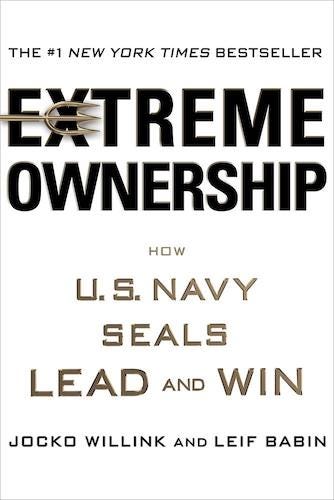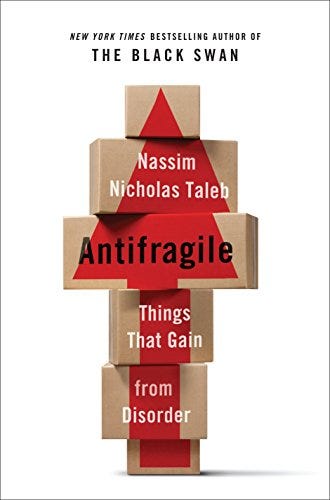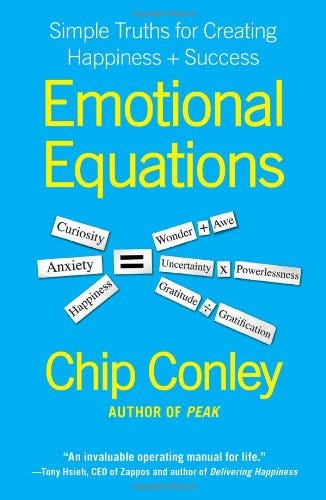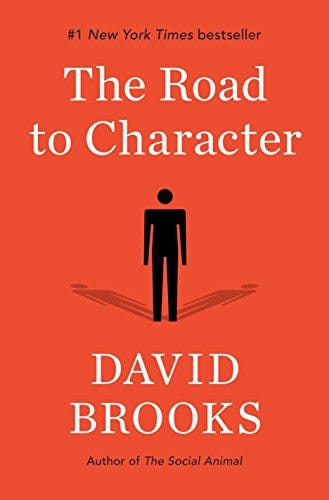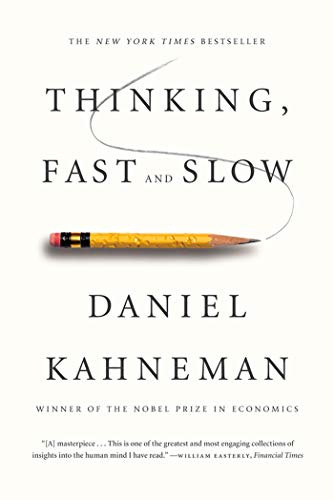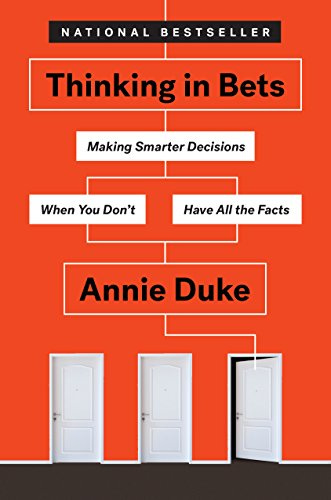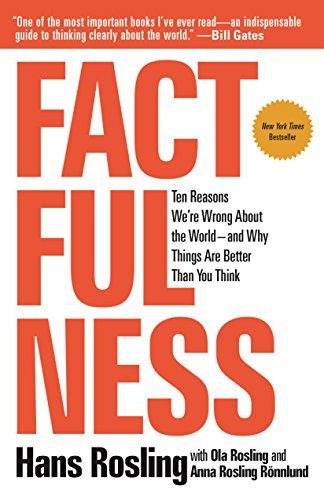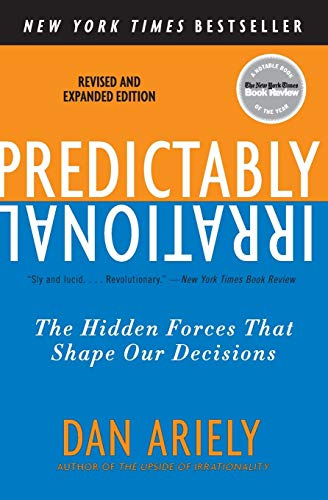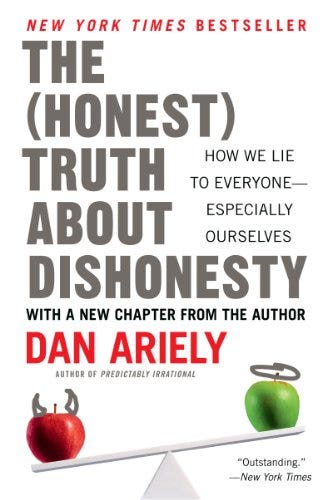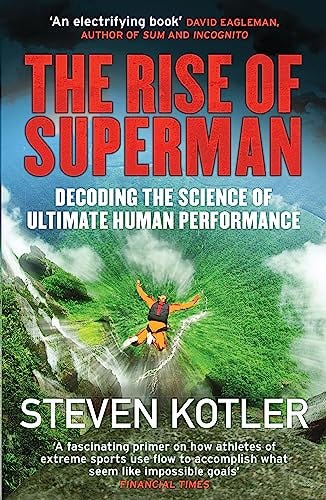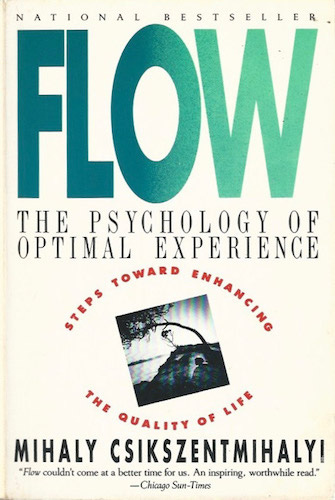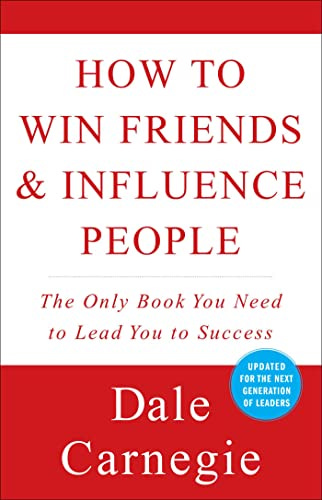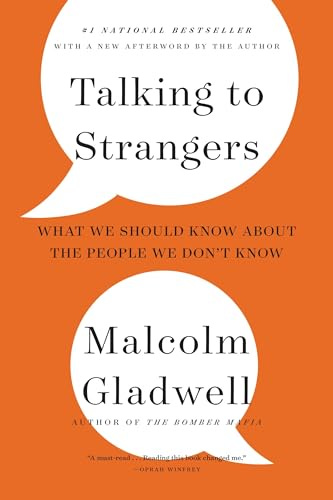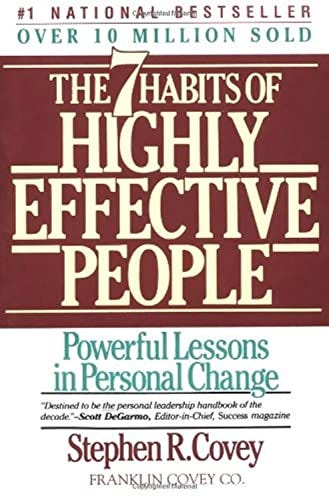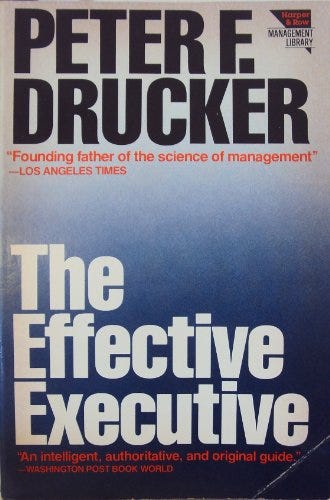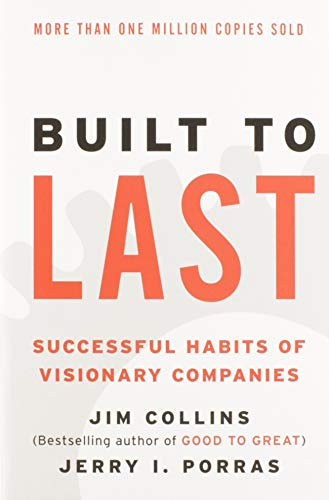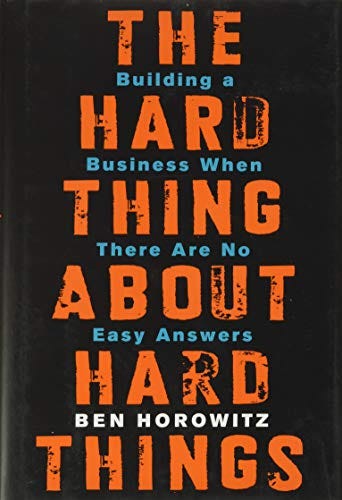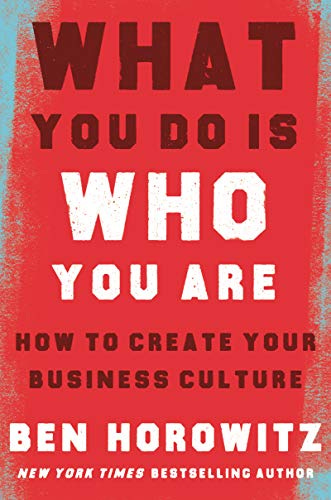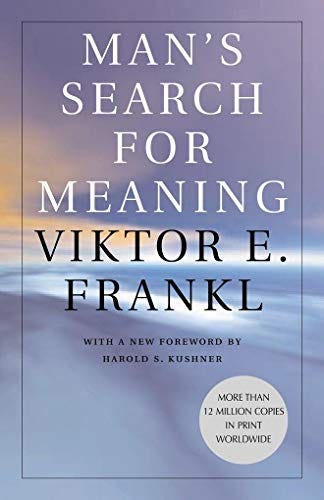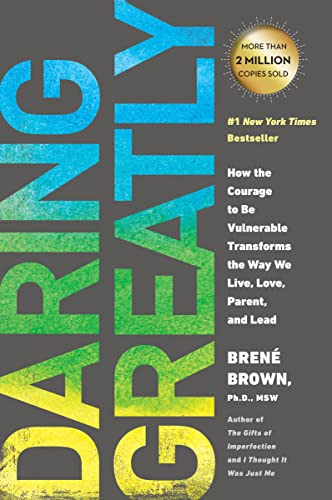The Royal "We”-ARCHIVED
In this story, we explore our conscious “System 2” neural network using more than 40 books from psychology and behavioral economics. System 2 is our psyche, often translated into English as soul.
The human mind is a type of artificial intelligence called a Generative Adversarial Network. There are two competing neural networks inside every person called System 1 and System 2 in Behavioral Economics. They are the best scientific descriptions we have to explain our subconscious and conscious minds.
In the previous story, The Mystery Below the Surface, we discussed System 1. System 1 is the “generator” of the Generative Adversarial Network that imagines 99% of the “pixels” we see all day every day. Our memories are made up, the sounds we hear are made up, even what we didn’t make up, was mostly made up. So, in general:
Don’t trust everything you think.
Don’t trust everything you feel.
Don’t trust everything you remember.
So it’s the job of our System 2 to decide which of our thoughts, feelings, and memories we should trust. That’s why it is the “discriminator” of our Generative Adversarial Network. System 2 represents our highest order of thinking, quite literally. In Braces For Your Brain, we learned that our attention is processed on the highest, and therefore slowest, layers of our neural networks. Our attention is processed between 4 hertz (times per second) when we are relaxed and daydreaming, up to 50 hertz (times per second) when we are having meltdown panic. These frequencies are millions of times slower per second than the analog, quantum computation of System 1.
I think of System 2 as our royal “we”. Here’s how grammarist.com describes it,
The royal “we” is simply the use of the plural pronoun we in place of the singular pronoun “I”. This quirk of English grammar is rarely heard today, except in historical context or as a jibe at someone who is too assured of his own power.
The British monarch Henry II is credited with using the royal “we” first, referring to his connection with God, and the fact that he and God were acting in concert. Richard I often used the royal “we” to assert his rule by divine right, which is the belief that the king answered to no one but God. Others have been known to use the royal “we”, including politicians, popes, and academics.
The use of the pronoun we in place of the pronoun I or you is sometimes still seen in a few circumstances. For instance, it may be used in a condescending way or to a child. For example, “No Timmy, we do not throw blocks at the dog.” The editorial we is employed by editors who write opinion pieces that reflect the stand that the publication takes. Note that when writing about the royal “we”, the pronoun is properly rendered in quotation marks, as per the Oxford English Dictionary. Perhaps the most commonly seen phrase employing the royal “we” is: “We are not amused.”
The royal “we” reveals all the fun parts of our own megalomania:
Too assured of our own power? ✔️
Talks condescendingly to people weaker than us? ✔️
Uses God to assert divine rights? ✔️
Pushes our agenda on others? ✔️
System 2 Book Marathon
I could write an entire book about the quirks of System 2, but it’s better to learn directly from the experts. So, the rest of this chapter is a list of great books that teach us something important about System 2. I challenge everyone to read (or listen) to all of them. If you ever finish this book marathon, come back and leave a comment so we can all celebrate your achievement. 🙌
The first book to help us learn about System 2 is The Elephant in the Brain by Robin Hanson and Kevin Simler.
The authors describe one function of System 2 as “the Press Secretary”, sort of like the one who works for the US President. The Press Secretary is responsible for communicating news to the public, but if they actually knew as much as the President about all the scary top secret decisions made behind closed doors, they wouldn’t be very good at their job. Plausible deniability really matters in creating a story with the most coherence. So the “inner chatbot” in our heads lies to us everyday by obscuring our own motivations, ignoring other people’s feelings, and discarding evidence that might present us in an unfavorable light.
Here are a few of my favorites quotes from the book:
Our brains are built to act in our self-interest while at the same time trying hard not to appear selfish in front of other people.
The less we know of our own ugly motives, the easier they are to hide from others.
Often the best way to convince others that we believe something is to actually believe it.
Actions speak louder than words, and expensive actions speak the loudest.
When our beliefs are of non-pragmatic functions, emotions tend to be useful to protect them from criticism.
Our minds aren't as private as we like to imagine. Other people have partial visibility into what we're thinking. Faced with the translucency of our own minds, then, self-deception is often the most robust way to mislead others. It's not technically a lie (because it's not conscious or deliberate), but it has a similar effect. "We hide reality from our conscious minds," says Trivers, "the better to hide it from onlookers.”
We are all our own fictitious heroes. Researchers have found that 100% of high school students self-identify as “above average” compared to their peers.
100%.
Researchers dug deeper by asking adults to recall their grades from high school:
89% of grades in memory were ‘A’
64% of grades were ‘B’
51% were ‘C’
29% were ‘D’
We never outgrow it. When researchers polled college professors to see how they compared to their professional peers, 94% of them felt they were above average.
The self deception of System 2 is at the heart of the folktale, “The Emperor’s New Clothes” by Hans Christian Andersen. In the story, there is an emperor who spends lavishly on his clothing at the expense of his people. Two swindlers offer to weave the emperor very special clothes that are completely invisible to anyone who is stupid or incompetent. So the emperor gets dressed in these new clothes and marches through town, naked as a jaybird. The entire crowd is silent because no one wants to appear dumb, but eventually a child blurts out that the emperor is naked and everyone realizes that it’s true. Undeterred, the emperor continues on naked, walking more proudly than ever because the laughter from the crowd only confirms how stupid they are.
Self deception is our biggest enemy in every area of our lives. What would really help the emperor is the ugly truth from his family, friends, or advisors. In an awards speech, Robert Downey Jr. called this process, “hugging the cactus”, which is what it feels like. It’s critical that we build friendships and relationships with people who have opinions we believe more than our own. I not only have great friends to give me the ugly truth, but I pay really smart people to do that as well. I pay patent attorneys, estate attorneys, tax advisors, doctors, and physical therapists to give me bad news every year. The more my System 2 loses to trained experts who I have selected for my life and work—the higher the total quality of my life and work.
Get an executive coach.
Get a health coach.
Get a financial coach.
Get a coach for everything you want to improve in your life.
The extent that we exercise this ability defines something called our mindset. Another Stanford Professor, Carol Dweck, spent a lifetime studying motivation and published her research in the book Mindset: The New Psychology of Success.
From her Wiki,
According to Dweck, individuals can be placed on a continuum according to their implicit views of where ability comes from. Some believe their success is based on innate ability; these are said to have a "fixed" theory of intelligence (Fixed Mindset). Others, who believe their success is based on hard work, learning, training, and doggedness are said to have a "growth" or an "incremental" theory of intelligence (Growth Mindset). Individuals may not necessarily be aware of their own mindset, but their mindset can still be discerned based on their behavior. It is especially evident in their reaction to failure. Fixed-mindset individuals dread failure because it is a negative statement on their basic abilities, while growth mindset individuals don't mind or fear failure as much because they realize their performance can be improved and learning comes from failure. These two mindsets play an important role in all aspects of a person's life. Dweck argues that the growth mindset will allow a person to live a less stressful and more successful life.
Switching from a fixed mindset to a growth mindset will transform your life by enabling you to overcome the bad habits and behaviors inherent to your System 1. Remember, System 1 is the “animal” you live inside, but it’s not the boss—you are. So, I’ll tell you the same thing I tell my kids when their bad habits cause problems in our house:
More Books to Help You Manage Your Monkey
Extreme Ownership: How U.S. Navy SEALs Lead and Win by Jocko Willink. Jocko was commander of the Navy Seals and looks like he was chiseled out of stone. He eats bullets for breakfast and will teach you how to get more out of yourself and your team.
Antifragile: Things That Gain from Disorder by Nassim Taleb. I love all his books and this is probably my favorite. Antifragile is practically a manifesto for the growth mindset.
I highly recommend his follow up, Skin in the Game: Hidden Asymmetries in Daily Life. I’m secretly jealous of how smart these books are—I wish I wrote them.
Emotional Equations: Simple Truths for Creating Happiness + Success by Chip Conley. The math he uses to mix and match our various emotions is nerdy and insightful, which is why I love it. Conley’s storytelling is so good that you will forget you are reading equations.
The Road to Character by David Brooks. Character is who we are when no one is watching. Character is the price we pay to be who we are. Brooks does a great job using stories and anecdotes to explain how character must be manufactured.
Thinking, Fast and Slow by Daniel Kahneman. The first story of this chapter was about this book for good reason—it’s the Bible of Behavioral Economics.
Thinking in Bets: Making Smarter Decisions When You Don't Have All the Facts by Annie Duke. This book taught our family one of the most important verbs we’ve ever learned: resulting.
The Laws of Human Nature by Robert Greene. Reading this book may feel like you are reading the dictionary of human nature. Greene is insightful and thorough in his assessment.
If you have 23 hours to spare, also listen to Greene’s 48 Laws of Power.
Factfulness: Ten Reasons We're Wrong About the World - and Why Things Are Better Than You Think by Hans Rosling. Okay this is more of an anthropology book, but it still provides good perspective on the ways our individual world views are antiquated from the moment they are established. It’s also useful for imagining how other people experienced their time on Earth, past and present.
Predictably Irrational: The Hidden Forces That Shape Our Decisions by Dan Ariely. This guy has an amazing story. As a teenager, he was third-degree burned on more than 70% of his body. During his long hospitalization, he decided he would research ways to deliver painful but unavoidable treatments to patients. Now he’s the “James B Duke” professor of Psychology at Duke University. 💙
Reading Ariely’s books is sort of like your “fun uncle” telling you awesome stories about weird science experiments he performs on strangers. You should also read his follow up: The Upside of Irrationality: The Unexpected Benefits of Defying Logic at Work and at Home.
I also recommend Ariely’s book, The Honest Truth About Dishonesty: How We Lie to Everyone - Especially Ourselves.
SuperFreakonomics: Global Cooling, Patriotic Prostitutes, and Why Suicide Bombers Should Buy Life Insurance by Levitt and Dubner. Okay, these guys are superfreaks. One of the authors is a University of Chicago economist and the other is a journalist. For their field research, they befriended a violent drug gang in Chicago so that they could analyze their accounting and “franchisee” arrangements going all the way down to the kids selling drugs on the corner in each neighborhood. And they didn’t get murdered.
Rise of Superman: Decoding the Science of Ultimate Human Performance by Stephen Kotler. I recommend this book to young startup founders more than any other. It has plenty of great stories of courage and struggle. This book demonstrates how people taking great risks enter flow states of better decision making.
See also Flow: The Psychology of Optimal Experience by Mihaly Csikszentmihalyi.
How to Win Friends and Influence People by Dale Carnegie. I feel like this should have been a whole class in grade school.
Talking to Strangers: What We Should Know About the People We Don't Know by Malcolm Gladwell.
Influence, New and Expanded: The Psychology of Persuasion by Robert Cialdini. We all need to know how to sell our ideas because we have to use this skill every single day.
The 7 Habits of Highly Effective People: Powerful Lessons in Personal Change by Stephen Covey. I like all the Covey books and this one is helpful to everyone.
Rich Dad Poor Dad: What the Rich Teach Their Kids About Money - That the Poor and Middle Class Do Not! by Robert T. Kiyosaki. If you didn’t grow up in a rich household, you actually have to be taught to think like a rich person before you can become rich. It’s tragic, but true.
The Millionaire Next Door: The Surprising Secrets of America's Rich by Cotter Smith. Most of the millionaires in America drive old cars, wear old clothes, and hunt for bargains and discounts. This is a fun and easy read.
The Intelligent Investor by Benjamin Graham. This is the guy who taught Warren Buffet how to invest. My dad always gives me great books for Christmas and this was one of them. If you have managed to save more than $50,000 in your lifetime, you need to listen to this.
Start with Why: How Great Leaders Inspire Everyone to Take Action by Simon Sinek. I blame Simon Sinek for Gen Zers and Millennials asking “why?” at work constantly, but we probably should have been doing that for the past 5,000 years.
The Effective Executive: The Definitive Guide to Getting the Right Things Done by Peter Drucker (the man, the myth, and the legend). If you want to get more out of yourself, Peter Drucker invented that whole genre of books. His examples are antiquated, but that’s part of what makes this book so timeless.
Good to Great: Why Some Companies Make the Leap...And Others Don't by Jim Collins. If you lead teams of people at work, this will help you manufacture the team’s culture. Building the team is always more difficult than building the product.
Collins’ follow up is also great, Built to Last: Successful Habits of Visionary Companies.
The Hard Thing About Hard Things: Building a Business When There Are No Easy Answers by Ben Horowitz. Bravo to Ben Horowitz, who wrote candidly and honestly about what it takes to build an organization. You may not build an organization as big as Andreesen Horowitz, but you might have to fire a friend or steal an employee from one. There’s a lot to learn about being human in this book.
His follow up is good too, What You Do Is Who You Are: How to Create Your Business Culture.
Measure What Matters: How Google, Bono, and the Gates Foundation Rock the World with OKRs by John Doerr. This guy is a legend in Silicon Valley for good reason. Our family uses OKRs to achieve our individual goals in life because you can’t improve anything that isn’t measured.
Algorithms to Live By: The Computer Science of Human Decisions by Brian Christian. Okay, I absolutely love this book. If you don’t mind learning the difference between BubbleSort and MergeSort, you will be fascinated by it too. I just really love computer science, obviously, and this book is incredibly insightful into the ways that regular ol’ human folks use advanced computer science algorithms to make decisions every day.
Venture Deals, 4th Edition: Be Smarter than Your Lawyer and Venture Capitalist by Brad Feld. If you are a founder, this is required reading. When new economic value gets created in the world, it’s from cap tables. This book will protect you from all those sharks lurking in the shadows waiting to take a big bite out of whatever you create.
Principles: Life and Work by Ray Dalio. This guy is a genius and a billionaire and the way he manages his firm Bridgewater Associates is legendary. You will be a better, smarter person if you listen to this book.
Drive: The Surprising Truth About What Motivates Us by Daniel Pink. We tend to think that most people are motivated by money, and some are, but they are all miserable and hollow inside. Most people are actually motivated by the pursuit of mastery, autonomy, or purpose. For example, I spent the first third of my career chasing mastery in computer science, the second third of my career chasing autonomy, and now I’m chasing purpose. This book will help you clarify your own drive for fulfillment.
Man’s Search for Meaning by Viktor E. Frankl. His name means “winner of freedom” and he definitely earned it. Before WWII, Frankl was trained as a psychiatrist, but he was later imprisoned at the Nazi concentration camp in Auschwitz. He argues that none of us can avoid suffering, we can only control how we respond to it. Everyone should read his story, it’s not very long.
Daring Greatly: How the Courage to Be Vulnerable Transforms the Way We Live, Love, Parent, and Lead by Brené Brown.
I wish Brené Brown was America’s mom. We should all listen to her. Her books are great. Her TED talks are great. As parents, we probably tell our kids what Brené Brown says more than anyone else.
Also listen to her book, Atlas of the Heart: Mapping Meaningful Connection and the Language of Human Experience.
And The Power of Vulnerability: Teachings of Authenticity, Connection, and Courage.
And watch her TED Talk, The Power of Vulnerability. (20 mins)
Meditations by Marcus Aurelius. Aurelius was emperor of Rome during the peak of its power and this book is basically his diary. Aurelius was a genius and his notes contain so much humanity considering he was the most powerful person on Earth during his lifetime.
All of the modern stoics, like Ryan Holiday, revere Marcus Aurelius for good reason. You will find several Holiday books listed in the next story. There were just too many good books about System 2 to cram into one story, so “we” continue this book marathon in:
Part 2, Gardening Our Thoughts, where we discuss books that specifically to help us improve our inner monologues.
Part 3, Flavors of Inner Monologues, where we focus on the Enneagram and other personality assessment tools.
Continue reading…
Gardening Our Thoughts
This story is part 2 of “The Royal We” where we continue learning about System 2 from Behavioral Economics. We discuss various ways of managing the “inner chatbot” in our heads including meditation, awareness, and neuro-linguistic programming.
Table of Contents
Are we accidental intelligence or artificial intelligence?
In this rabbit hole, we learn how the latest science and technology indicate humans are artificial intelligence living in a quantum computer game. Which means somebody programs in DNA. 😳








